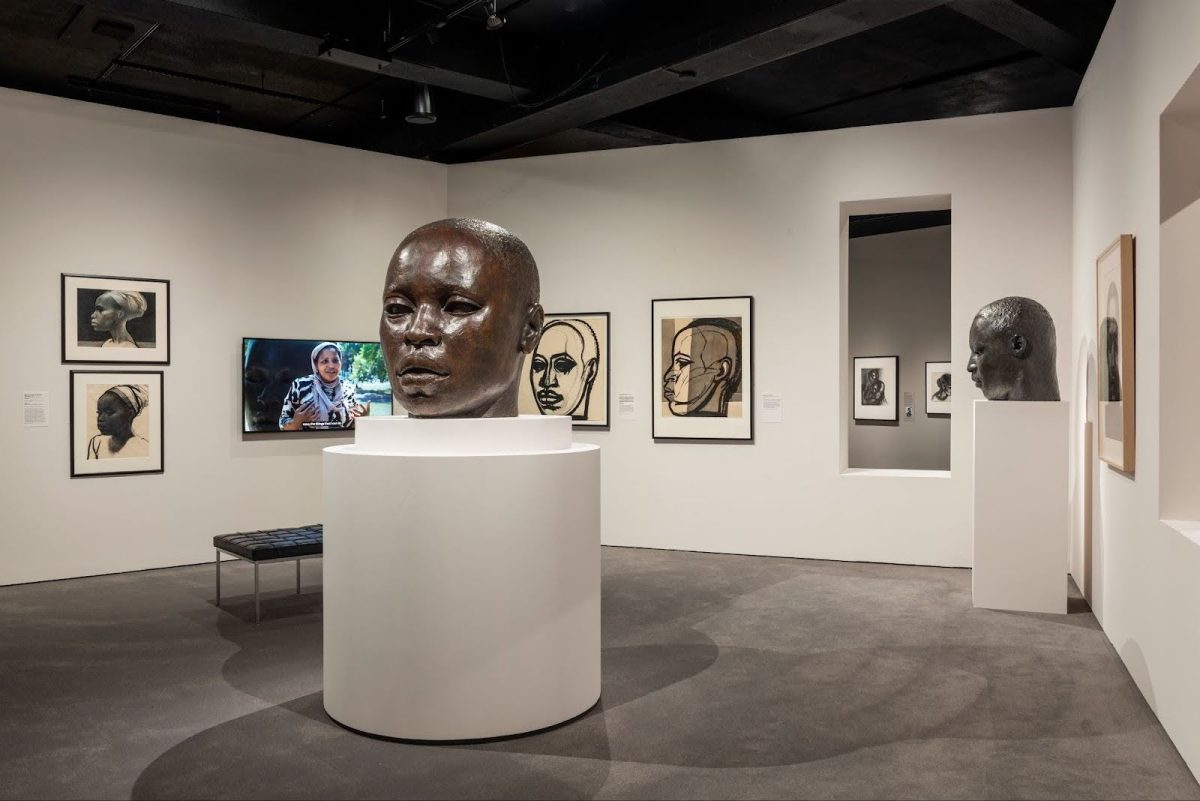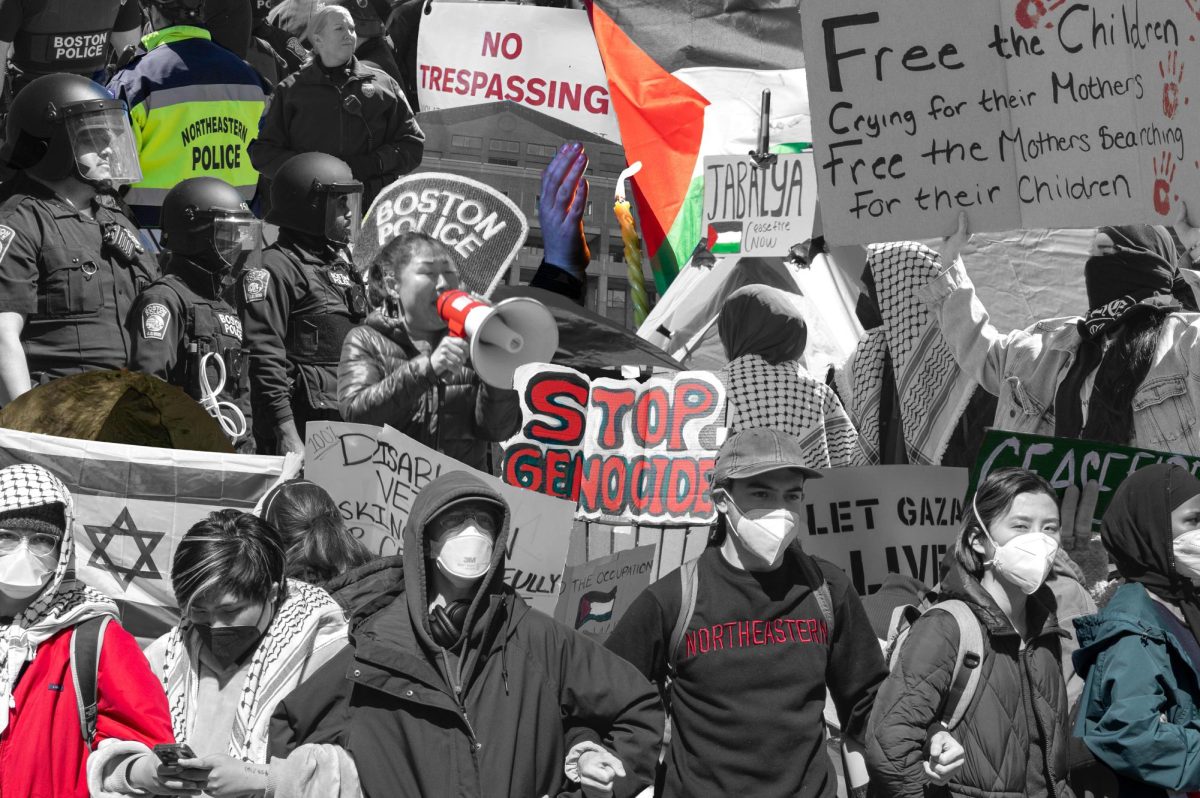Editorial: Boston posters for ‘SMILF’ deserve to stay
February 14, 2018
In a Feb. 6 statement, City Councilor Ed Flynn denounced the Showtime television series “SMILF” as a “degrading, crude and inaccurate” picture of a single mother’s life in South Boston. He called for the removal of the show’s promotional posters from city bus stops.
Flynn does not have the right to take down the posters or to dictate to Frankie Shaw, the creator of “SMILF,” that her experience is an invalid representation of South Boston. Attempts to do so alienate those who do identify with the portrayal of South Boston in the show.
If the city is going to take down a paid advertisement, there needs to be a good reason for it. For example, banning certain Bernie and Phyls ads from T trains in May 2017 made sense because they were so explicit: The posters for the furniture company directly referred to sex, using graphic terminology and raunchy references.
The “SMILF” posters do not explicitly use inappropriate language, they simply imply it by incorporating the acronym MILF.
Even removed from the free speech debate, Flynn’s demand is concerning. He denounces the show as yet another example of Hollywood “making a profit off of these abysmal shows that in no way capture the real lives, character and contributions of the people of South Boston.”
How could Flynn say such a thing when Shaw, the woman who wrote, directed and starred in “SMILF,” was raised by a single mother in South Boston? She of all people has a perspective on what it is like to live there. Flynn’s insults are not only hurled at Shaw, but at anyone who feels “SMILF” is an accurate portrayal of their Southie experience.
There are many other media representations that are not universal to Southie. For example, “Gone Baby Gone,” directed by Ben Affleck, is a famous movie about crime in South Boston. Seth MacFarlane’s “Ted” was also based in South Boston and is wildly inappropriate. Yet Flynn is not requesting that all references to these projects be removed from the city.
These movies are notably created by men, and while it may not be intentional on Flynn’s part to attack a female portrayal of South Boston, his actions imply that a woman’s perspective on the city should either fit a certain narrow definition or be silenced.
South Boston is one of the defining neighborhoods of this city. Yes, it has its problems, but more are created when we imply the people of South Boston all adhere to one specific definition. They all deserve to see media representations of themselves, to feel important. If Shaw can use SMILF to do that, even just for a small group, Flynn and the city of Boston are not the ones to tell her she can’t.








